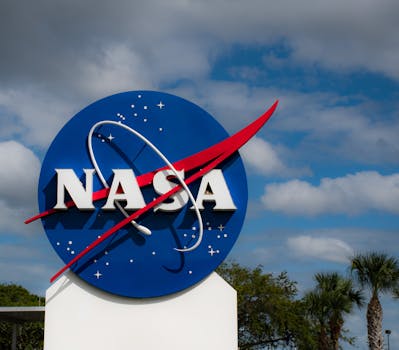Satellite Launch Missions and Their Impact on Space Exploration

Satellite Launch Missions and Their Impact on Space Exploration
Satellite launch missions have been a crucial part of space exploration for decades, playing a vital role in advancing our understanding of the universe, facilitating global communication, and enabling navigation. The Satellite launch missions and their impact on space exploration is a topic of great interest, and this article aims to provide an in-depth look at the subject.
At the beginning of the space age, satellite launch missions were primarily focused on exploring the Earth’s orbit and the surrounding space environment. However, with the advancement of technology, the scope of satellite launch missions has expanded significantly, and today, these missions are an essential part of space exploration. From studying the Earth’s climate and weather patterns to exploring the outer reaches of the solar system, satellite launch missions have made it possible for us to gather valuable data and insights about the universe.
The History of Satellite Launch Missions
The first satellite launch mission, Sputnik 1, was launched by the Soviet Union in 1957, marking the beginning of the space age. Since then, numerous satellite launch missions have been conducted by space agencies and private companies around the world. The United States, Russia, Europe, China, and India are among the leading countries in the field of satellite launch missions. Over the years, satellite launch missions have evolved significantly, with improvements in technology, design, and launch vehicles.
One of the most significant advancements in satellite launch missions has been the development of reusable launch vehicles. Companies like SpaceX and Blue Origin have pioneered the use of reusable rockets, significantly reducing the cost of accessing space. This has opened up new opportunities for satellite launch missions, enabling more frequent and affordable launches. The impact of Satellite launch missions on the space industry has been substantial, and their role in shaping the future of space exploration cannot be overstated.
The Impact of Satellite Launch Missions on Space Exploration
Satellite launch missions have had a profound impact on space exploration, enabling us to study the universe in unprecedented detail. Satellites have been used to explore the Earth’s orbit, the Moon, the Sun, and the outer reaches of the solar system. They have also been used to study the Earth’s climate, weather patterns, and natural resources. The data collected by satellites has been instrumental in advancing our understanding of the universe and has led to numerous breakthroughs in fields like astronomy, geology, and meteorology.
Satellite launch missions have also played a critical role in facilitating global communication and navigation. Satellites are used to transmit data, voice, and video signals around the world, enabling global communication and connectivity. The Global Positioning System (GPS) is a network of satellites that provides location information and timing signals, enabling navigation and precision timing. The impact of satellite launch missions on our daily lives has been significant, and their role in shaping the modern world cannot be overstated.
Future of Satellite Launch Missions
The future of satellite launch missions is exciting and promising, with numerous new developments and advancements on the horizon. The use of reusable launch vehicles, like the SpaceX Falcon 9 and the Blue Origin New Glenn, is expected to become more widespread, reducing the cost of accessing space and enabling more frequent and affordable launches. The development of new satellite technologies, like small satellites and satellite constellations, is also expected to play a significant role in shaping the future of satellite launch missions.
In conclusion, satellite launch missions have been a crucial part of space exploration for decades, enabling us to study the universe, communicate with each other, and navigate the globe. The impact of satellite launch missions on space exploration has been significant, and their role in shaping the future of space exploration cannot be overstated. As technology continues to advance and new developments emerge, the future of satellite launch missions is exciting and promising, with numerous opportunities for advancement and discovery.
The significance of Satellite launch missions in the context of space exploration cannot be emphasized enough, and their impact will continue to be felt for generations to come. With the continued advancement of technology and the development of new satellite technologies, the possibilities for satellite launch missions are endless, and their role in shaping the future of space exploration will only continue to grow.







